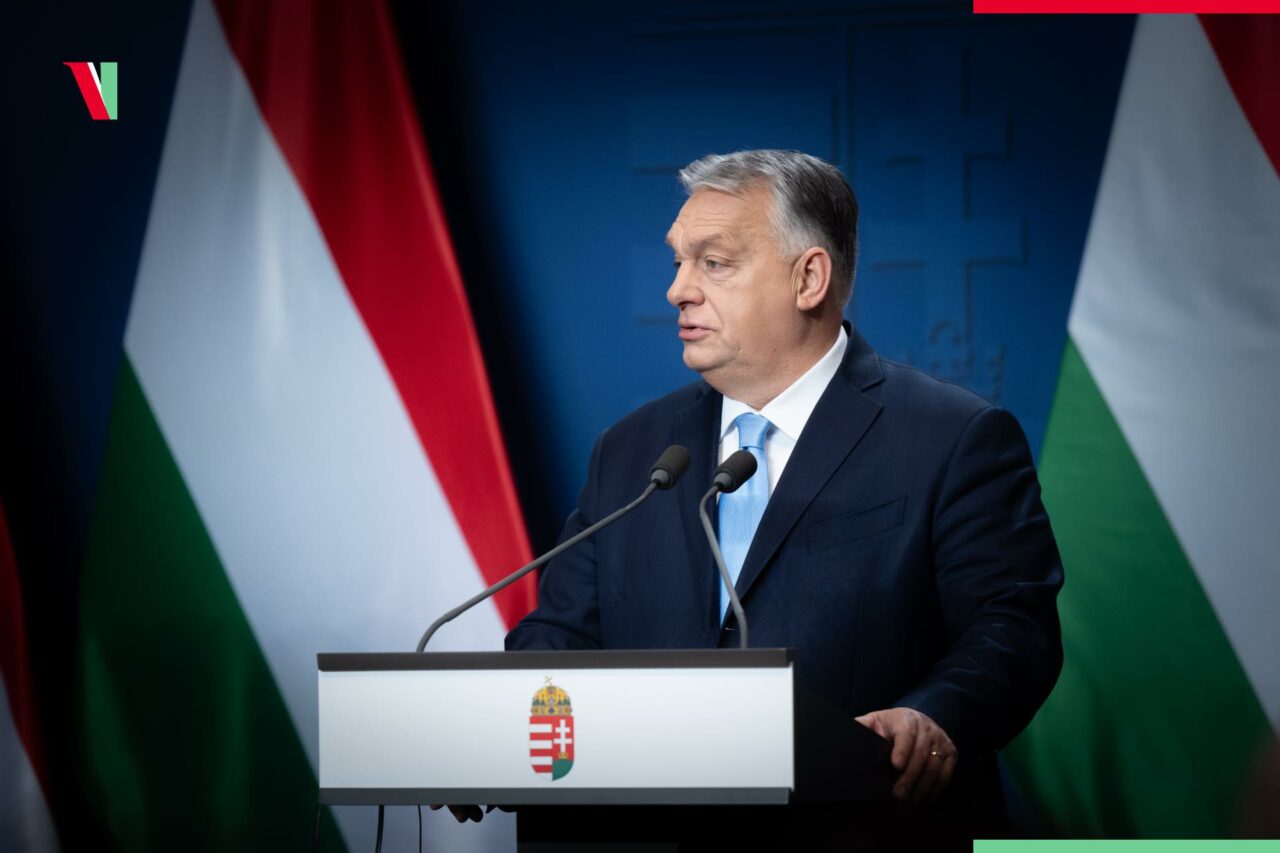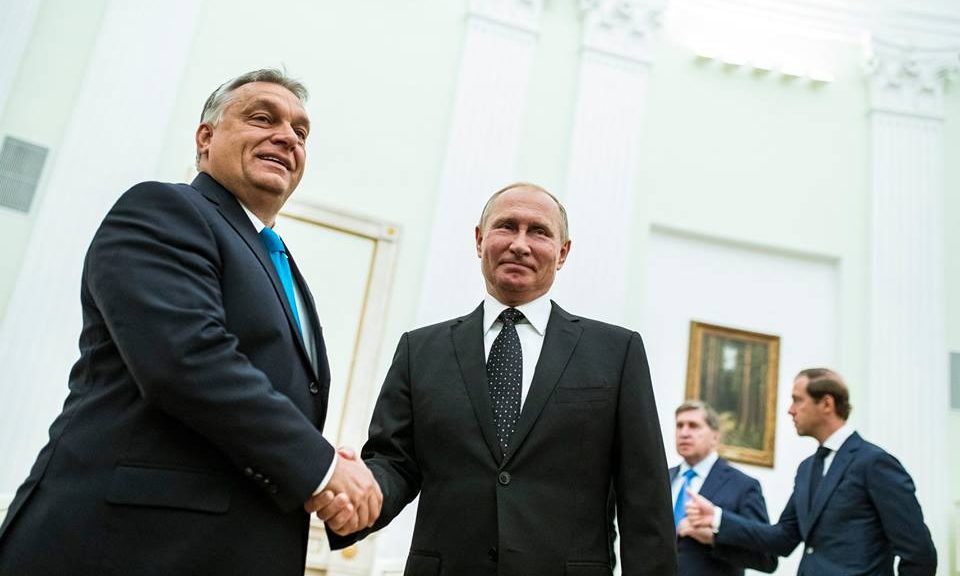PM Orbán’s surprise gift: A message from Vladimir Putin
Russian President Vladimir Putin has sent festive greetings to several foreign leaders as 2025 approaches, according to the latest Kremlin statement. In an unexpected turn of events, Hungarian Prime Minister Viktor Orbán has received a personal message from Vladimir Putin, despite the likelihood that nations deemed “unfriendly” by Russia would typically be excluded from such gestures.
The Russian leader classifies as ‘unfriendly’ countries that have imposed sanctions on Russia or have strongly opposed Moscow in foreign policy. According to Index, the Russian leader classifies as ‘unfriendly’ countries that have imposed sanctions on Russia or have strongly opposed Moscow in foreign policy.
For the third year in a row, the leaders of countries on the list, such as the United States, the United Kingdom, France and Germany, did not receive New Year greetings from Putin. This practice contrasts sharply with the Russian president’s previous tradition of sending messages in a spirit of even broader engagement.

Hungary’s exceptional situation
Hungary’s status in December remained unchanged on the list of “unfriendly” countries, but the country still received special treatment. Vladimir Putin’s Christmas and New Year greetings to the Hungarian Prime Minister Viktor Orbán indicate that maintaining relations between the two countries is an important aspect of Russian diplomacy. This gesture may indicate an openness on the part of Moscow to maintaining bilateral relations regardless of Hungary’s official classification.
However, Putin’s festive greetings were not only addressed to Viktor Orbán. Among the recipients are prominent personalities and leaders such as Pope Francis, Belarusian President Alexander Lukashenka, Chinese President Xi Jinping, Turkish President Recep Tayyip Erdogan and North Korean leader Kim Jong-un. Former German Chancellor Gerhard Schröder and former Cuban President Raúl Castro have also received messages, showing that Putin is paying attention not only to current leaders but also to former leaders and symbolic figures.
Putin’s plan
While Putin’s Christmas messages are in the realm of diplomatic gestures, the Russian leader’s strategic goals are much broader. According to a security expert at the University of Buckingham, Putin has not abandoned his plan to restore the Soviet Union’s power structure and sphere of influence. This strategy extends to countries that joined NATO after 1997, including Hungary.

The British professor warns that the threat of Russian expansionism cannot be ignored. In his view, US President Donald Trump’s idea of compromising with Russia to end the war in Ukraine would be a major strategic mistake. Such an agreement could strengthen Putin’s resolve to pursue his aggressive goals of weakening NATO and influencing European countries.
The sharp contrast between the Russian president’s festive greetings and his geopolitical objectives reflects the duality of Moscow’s strategy. While Putin tries to cultivate relations with certain leaders through friendly gestures, his basic policy remains one of power expansion. Hungary’s special position in this dynamic raises further questions about the future of relations between the two countries. This example clearly shows that behind the symbolic gestures of diplomacy, it is always worth considering the underlying political intentions.
Read also:







